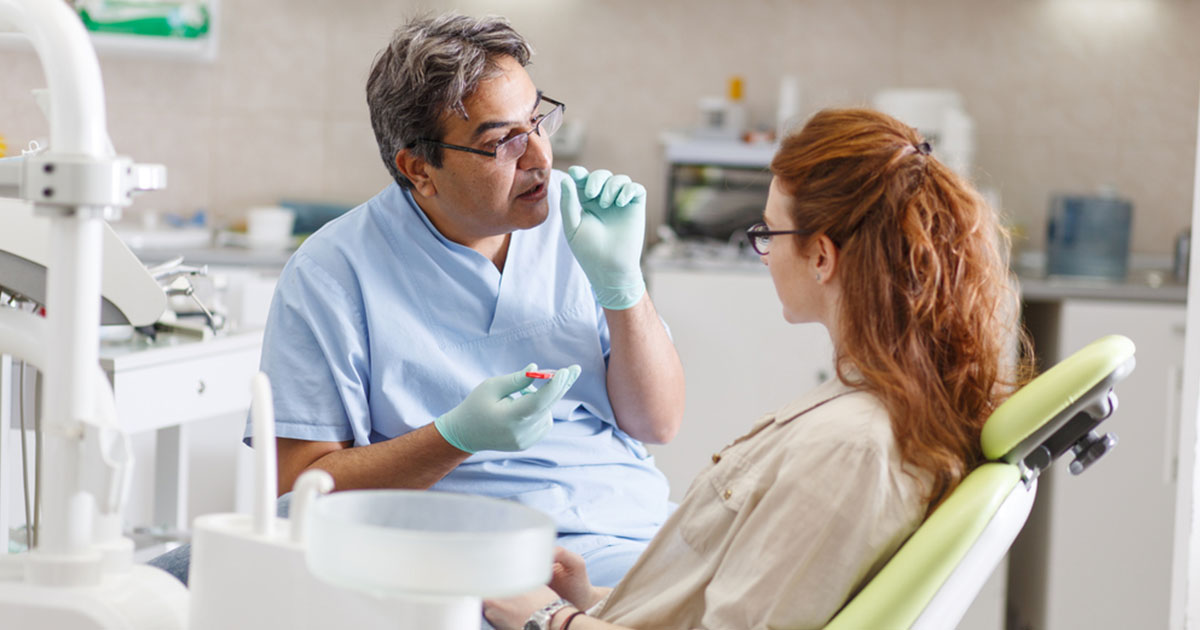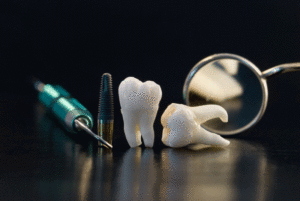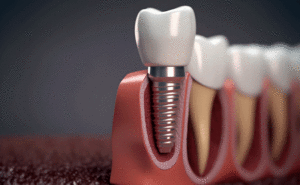Bad breath, also known as halitosis, is something that most of us have had to deal with at some point. It’s not physically dangerous in most cases, but the personal and emotional strain it can cause shouldn’t be taken lightly.
A number of things can cause halitosis. Most of them are fairly benign, but sometimes there are serious underlying conditions at play. It’s not always easy to tell the difference, but learning a bit more about all of the different causes you should help you narrow it down. So, here are some of the most common causes of bad breath.
Common Causes Of Bad Breath
- Food – They say you are what you eat, and that goes for your breath too. Food particles break down and get stuck in your teeth, feeding the bacteria and causing it to release damaging and foul-smelling acids. Certain foods can also be smelly all on their own. So, make sure you brush your teeth after eating, especially if you had a particularly pungent meal.
- Smoking – This one is a no brainer. The smell of tobacco lingers on your breath and it’s difficult to get rid of, even if you are diligent with your brushing habits. In addition, smoking can also cause tooth decay and gum disease, which are also known to cause bad breath.
- Medical Conditions – There are a number of medical conditions that can lead to halitosis. Diabetes, liver failure, sinus infections, and gastroesophageal reflux disease (GERD) just to name a few. Issues with the stomach and digestive tract are particularly known to cause bad breath.
- Medication – Any medication that causes dry mouth can lead to bad breath. Inhaler medications for conditions like asthma can cause fungal growth which also causes bad breath as well.
These aren’t the only issues that can cause bad breath. Your bad breath could also be trying to tell you something important about your oral health.
Dental Issues That Can Cause Bad Breath
- Dry Mouth – Dry mouth encourages the growth of fungus and bacteria. The lack of saliva will also cause a buildup of dead cells. All of this can lead to some pretty unpleasant breath. If you suffer from persistent dry mouth then you should probably be drinking more water. As we mentioned above, you should also take a look at any medication you are taking to see if dry mouth is a side effect.
- Poor Oral Hygiene – Poor oral hygiene is— by far — the most common cause of halitosis. To put it simply, if you have bad breath, then you’re probably not brushing and flossing enough. Not brushing and flossing several times per day leads to food getting trapped on and between your teeth. Now you have a veritable buffet of sugars that bacteria can feed on. As we discussed earlier, when bacteria feed on this sugar from broken down food particles, they release corrosive and foul-smelling acids.
What You Can Do About Bad Breath
If you’re currently dealing with bad breath, then your first step should always be improving your dental hygiene habits. Most of the time, this is all that’s necessary. If you smoke, quit smoking. If you don’t brush enough, brush more often. If you don’t floss, floss.
And don’t forget your tongue. It harbors a tremendous amount of bacteria. Use a high-quality tongue scraper daily. Dr. Caven and his team have an amazing Fresh Breath Option for cleaning your tongue.
If your bad breath lingers even after regular brushing and flossing then you could be dealing with a more serious underlying issue. Contact Caven Dental today if you’re concerned about bad breath and your oral health.



